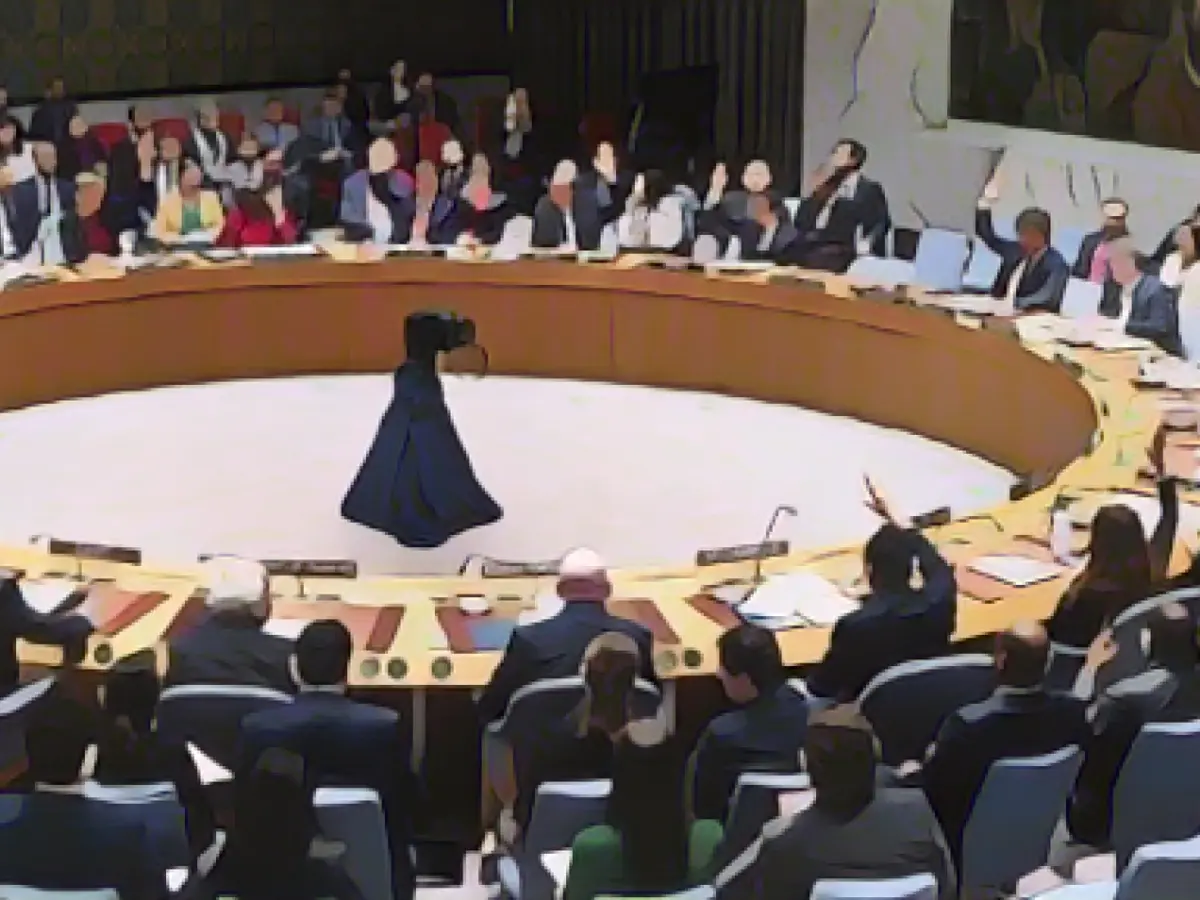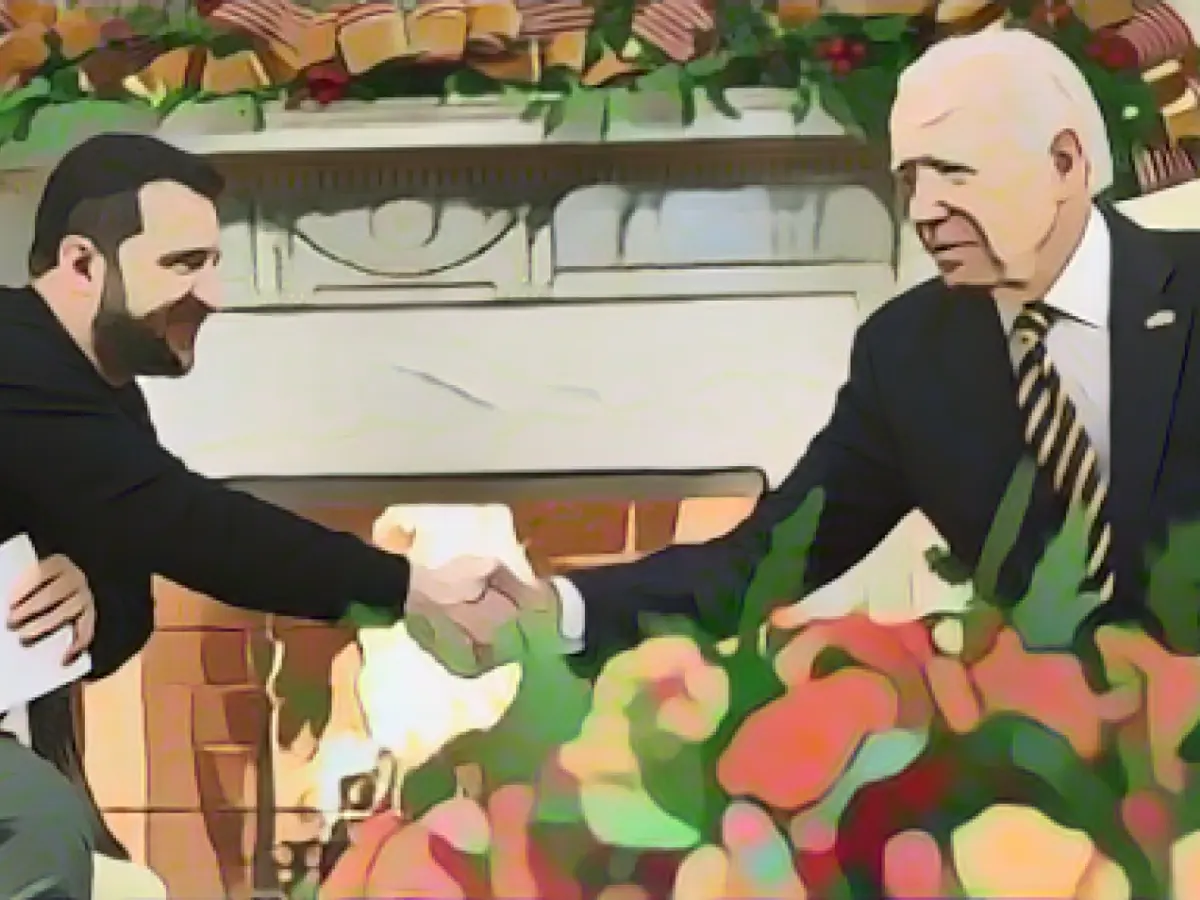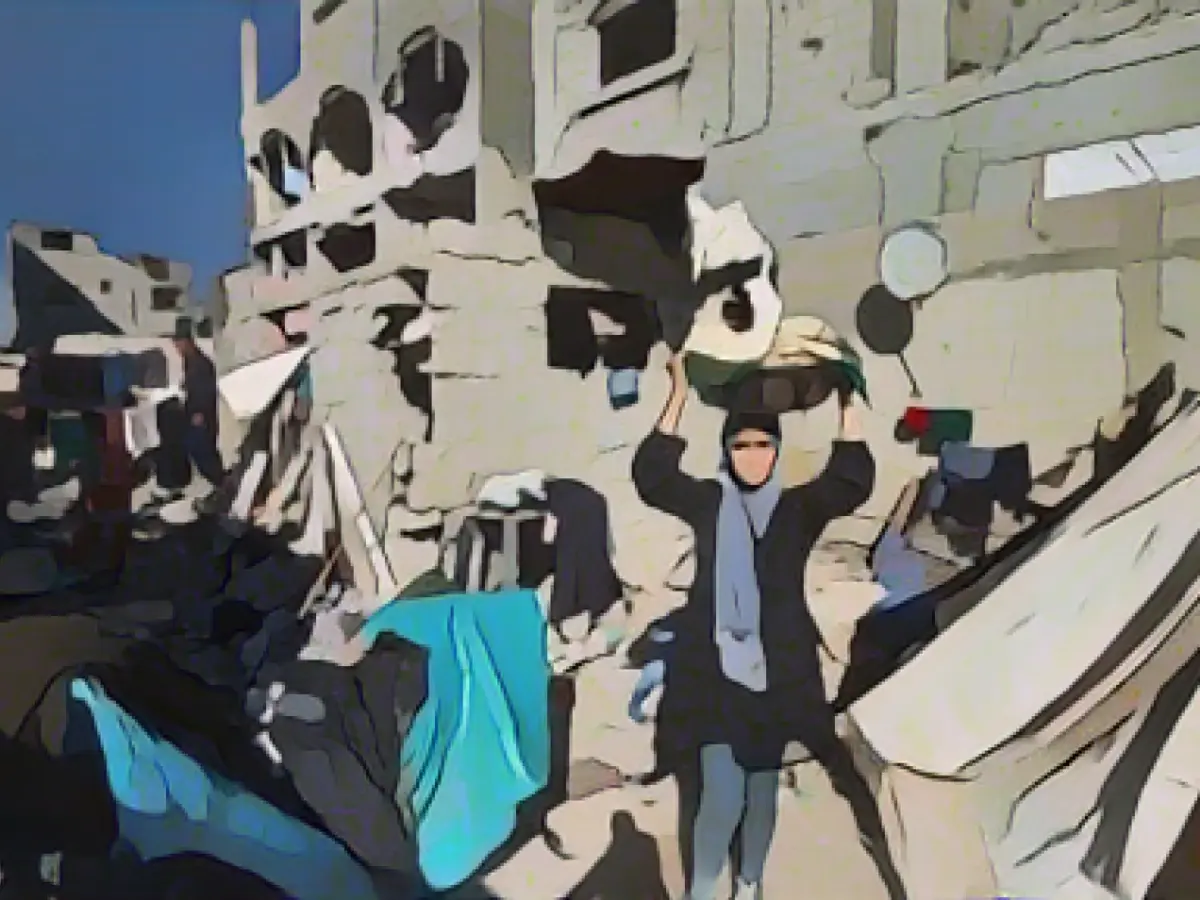UN Security Council Pushes for Aid Aid for Gaza Strip, Marginalizes Ceasefire Demand
Around two-thirds of the United Nations Security Council (UNSC) members voted in favor of a resolution aimed at providing comprehensive aid to the Gaza Strip, with both the United States and Russia abstaining from the vote. The council members engaged in intense debates regarding the wording and specifications of the resolution, postponing the final vote several times.
One of the main points of contention centered on the demand for an immediate ceasefire. The resolution ultimately failed to include such a provision, instead urging the establishment of conditions "with all urgency" to facilitate a "sustainable cessation of hostilities."
Russia had pushed for an immediate ceasefire call in the text, but its proposal was rejected by the United States. Washington joined forces with Israel, which refused to incorporate the "ceasefire" term in the resolution, despite not holding a permanent seat on the UNSC.
Regarding humanitarian aid delivery, the resolution advocated for the utilization of all available routes within the Gaza Strip, including border crossings. Earlier in the week, a United Nations report had warned of the imminent threat of famine in the Gaza Strip, with more than half of the population at risk of acute food insecurity within the next six weeks.
In response to the resolution's passage, Israel announced it would continue controlling humanitarian deliveries to the Gaza Strip due to "security reasons." The UN resolution did not demand the "exclusive" control of deliveries by the UN but rather the appointment of a United Nations humanitarian coordinator.
The failure to condemn Hamas' large-scale attacks on Israel in the resolution drew heavy criticism from the United States. Nevertheless, Washington refrained from vetoing the resolution's adoption, instead praising it as a "forceful step forward." In turn, the UN Security Council was lauded for creating "a glimmer of optimism in the face of unrelenting suffering."
Russian UN Ambassador Vasily Nebenzia, while abstaining from the vote, criticized the resolution as too weak, blaming US negotiators for exerting pressure to dilute the text. In contrast, US Ambassador Linda Thomas-Greenfield hailed the resolution as a significant achievement, emphasizing its potential to bring about a lasting truce.
Additional Insight
The UN Security Council's Resolution 2735, approved on June 10, 2024, mandated an immediate ceasefire in the Gaza Strip and the release of all hostages. The United States and Russia's stance on an immediate ceasefire demand is as follows:
- USA: The United States abstained from the vote on Resolution 2735, which was otherwise unanimous. The resolution was introduced by the United States and stipulates a three-phase plan for a ceasefire and hostage release. Initially, the U.S. sought to connect the release of hostages with the ceasefire, but the final resolution combined both demands without linking them [1][2].
- Russia: Russia abstained from the vote on Resolution 2735, reflecting its position on the issue that did not explicitly support or reject the immediate ceasefire demand [1].
Sources:
[1] United Nations Security Council, S/RES/2735 (2024), June 10, 2024. [2] United Nations Security Council, S/PV.8531, June 10, 2024.








